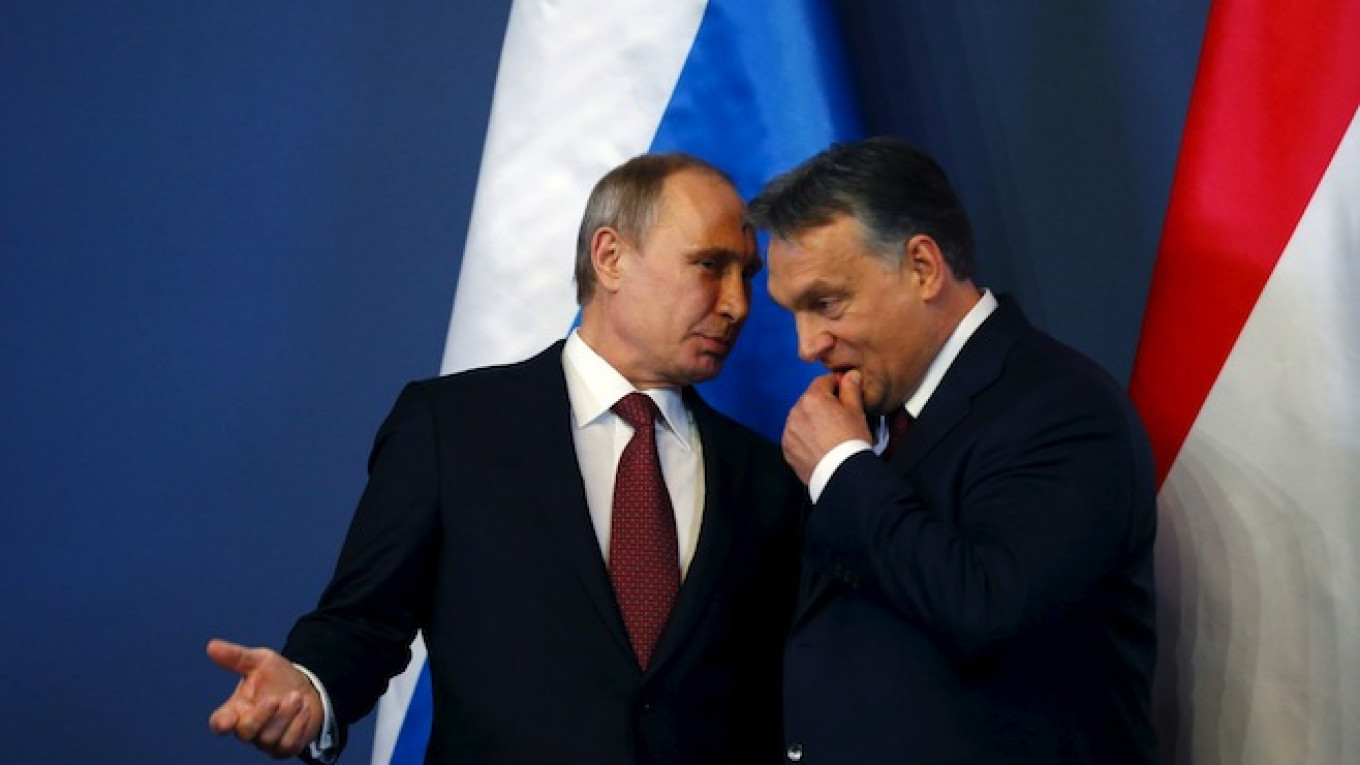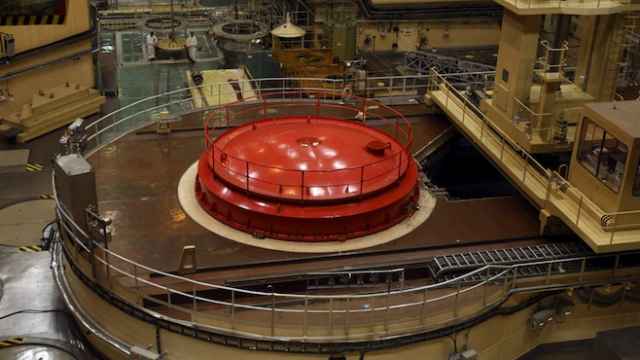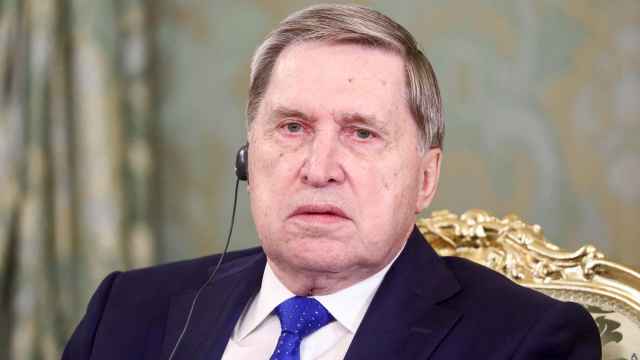Kremlin spokesman Dmitry Peskov has said Russia is not seeking to buy political influence in the European Union member state Hungary through a nuclear deal, defending Moscow's cooperation with Budapest as mutually beneficial.
Peskov was commenting on an investigation into Moscow's 10 billion euro ($11 billion) loan to Budapest to finance the expansion of Hungary's Paks nuclear power plant.
Critics of the deal say it provides a vehicle for Moscow to buy favor with an EU government as the bloc is struggling to maintain unity over sanctions it imposed on Russia over the turmoil in Ukraine.
Asked whether it was true that Russia was trading economic assistance for political favor from Hungary, Peskov told journalists in a phone call: "This is complete nonsense."
"The talk here is of mutually beneficial cooperation, high-tech cooperation that benefits both countries financially, economically," he said.
"Developing this sector [nuclear power] facilitates development of other industries, preparation of highly-specialized personnel and so on."
Former officials and other sources said that an initially-planned open tender for extending Paks was suddenly scrapped and the contract awarded to Russia's state nuclear corporation Rosatom.
Since the agreement with Russia was struck, Hungarian Prime Minister Viktor Orban has appeared much more friendly towards the Kremlin than his EU peers and hosted Putin in Budapest last month.
He is the only EU leader to invite the Russian president on an official bilateral visit since Malaysian airliner MH17 was shot down over Ukraine in July 2014. Western officials say the plane was most likely brought down by a Russian missile; Russia denies any responsibility.
A Message from The Moscow Times:
Dear readers,
We are facing unprecedented challenges. Russia's Prosecutor General's Office has designated The Moscow Times as an "undesirable" organization, criminalizing our work and putting our staff at risk of prosecution. This follows our earlier unjust labeling as a "foreign agent."
These actions are direct attempts to silence independent journalism in Russia. The authorities claim our work "discredits the decisions of the Russian leadership." We see things differently: we strive to provide accurate, unbiased reporting on Russia.
We, the journalists of The Moscow Times, refuse to be silenced. But to continue our work, we need your help.
Your support, no matter how small, makes a world of difference. If you can, please support us monthly starting from just $2. It's quick to set up, and every contribution makes a significant impact.
By supporting The Moscow Times, you're defending open, independent journalism in the face of repression. Thank you for standing with us.
Remind me later.






